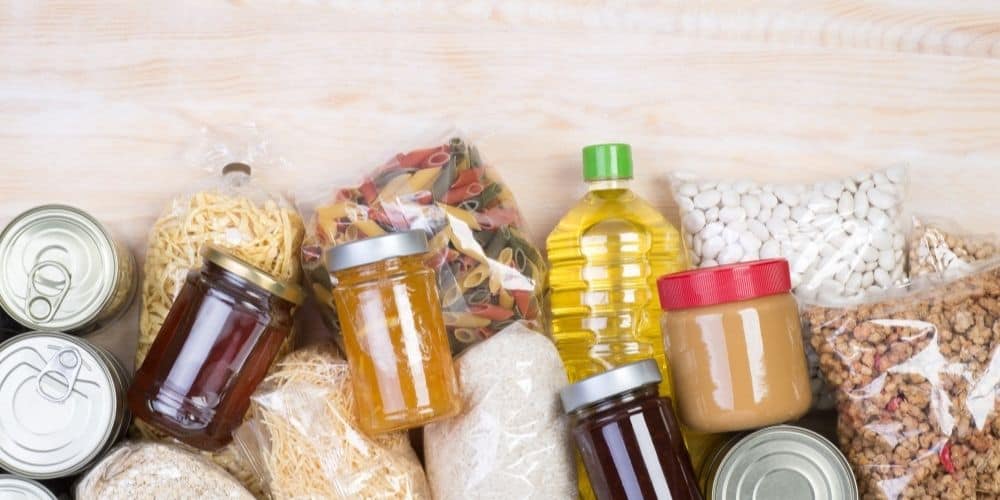How Much Food Do You Need A Day To Survive: A Preppers Blueprint


How Long Does Survival Food Last: Your Best Options Compared
Survival food is a great way to be prepared for emergencies, but how do you know if it's still good?The best way to tell if your survival food has gone bad is by checking the expiration date. If the...